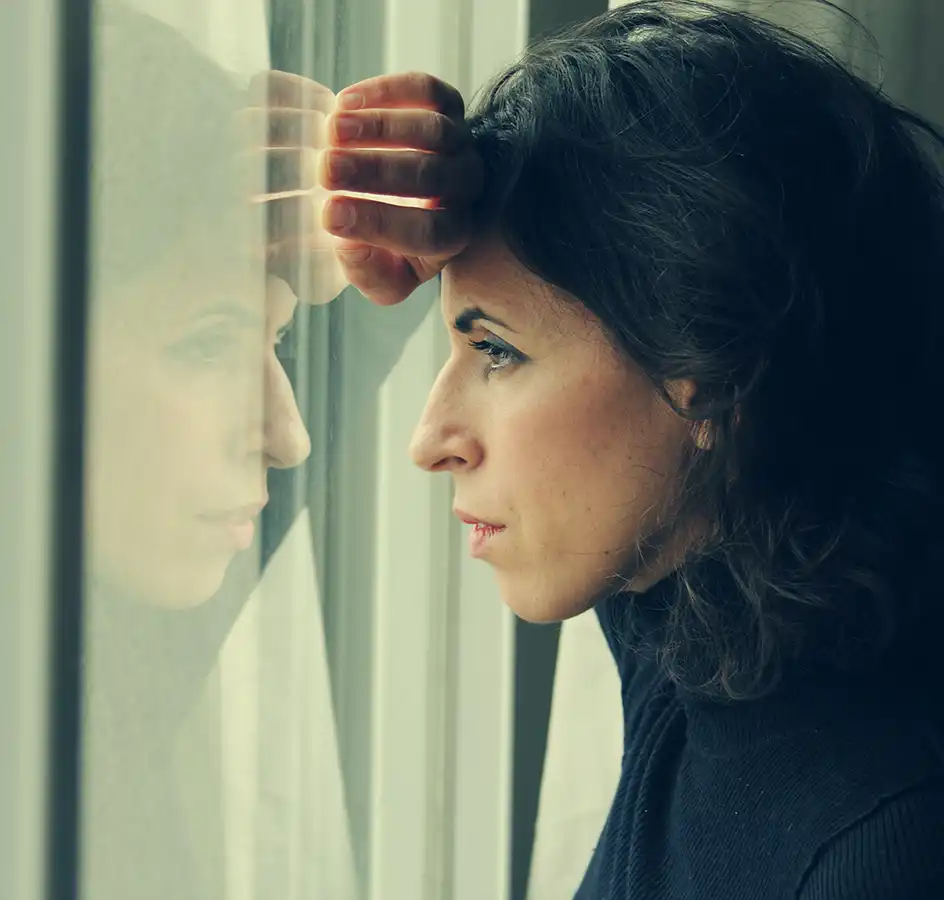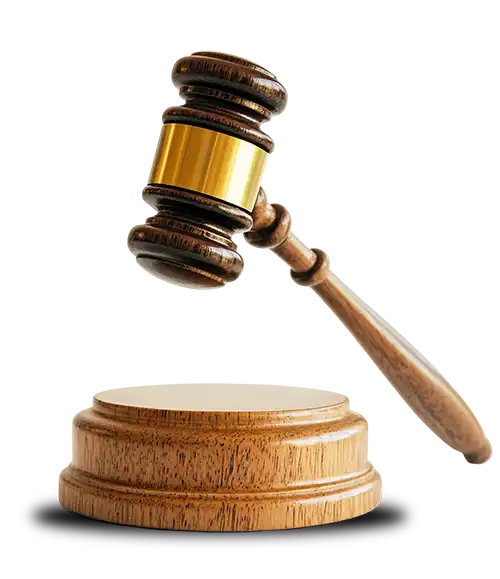How Sexual Abuse Persisted in the Boy Scouts
The revelations of sexual abuse in the Boy Scouts of America (BSA) reveal how vulnerable children were left unprotected for decades. Examining the systemic failures behind this crisis helps us understand how abuse went unchecked—and why stronger safeguards are needed today.
- Silenced Voices: A major factor was the pressure on victims to stay quiet. Children who came forward to report Boy Scouts sexual abuse often faced threats, dismissal, or disbelief from adults in the organization. This environment of enforced silence allowed predators to continue their abuse without facing repercussions.
- Organizational Failures: Reports of misconduct were frequently ignored or mishandled at multiple levels—from local troop leaders to national officials. The BSA maintained secret files of accused adults, hiding critical information that could have stopped further abuse.
- Gaps in Safety Measures: Despite claiming to prioritize youth protection, the BSA fell short in vetting and training volunteers. Without proper screening and oversight, individuals with harmful intentions were able to gain access to children, putting countless youth at risk for sexual abuse and exploitation.
- The Shield of Reputation: The BSA’s prestige and long-standing reputation as a trusted youth institution worked against accountability. Many parents and communities assumed children were safe, making it difficult for survivors to come forward and for whistleblowers to demand change.
Understanding these systemic shortcomings highlights why BSA sexual abuse persisted and underscores the need for strong institutional reforms to protect children in all youth organizations.
Rights of Survivors of Boy Scouts Sexual Abuse
Survivors of sexual abuse within the Boy Scouts of America have the right to hold the organization accountable for its role in enabling abuse. This includes filing claims through the BSA’s bankruptcy settlement or pursuing legal action to seek compensation for institutional negligence and failure to protect children.
In addition to addressing the organization’s responsibility, survivors are entitled to confidentiality, access to support services, and protection from retaliation throughout the process. The U.S. legal system ensures their voices are heard and respected, reinforcing their right to justice.
Civil lawsuits or criminal cases may be pursued against both individual perpetrators and the institution itself, thereby ensuring accountability at every level. Consulting with an experienced attorney is critical to navigating these options and determining the most effective path for seeking redress and institutional reform.
















